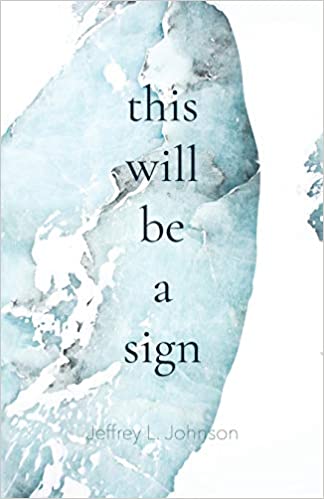Robert Bausch on settling the American West

Bald Eagle Sioux leader in Minnesota
In the acknowledgement section of Robert Bausch’s novel Far as the Eye Can See, tucked beyond researched insights about the way common spoken English and Indian languages sounded in the Civil War era, there appears this social and theological commentary:
The Europeans [who settled the West] came from a long history of mostly Christian thought–the Augustinian idea that the earth is not finished and it is man’s duty to finish it. All of their literature and religion told them to subdue nature, to have dominion over the fish of the sea, the birds of the air, everything that crawls upon the ground. Their heroes lashed themselves to the mast in the midst of a stormy sea and strived against nature; the religious teaching exhorted men to strive against their own nature as well. These people had a destiny. They were going somewhere. Their one true object was continued progress, i.e. finishing creation. They believed God blessed them in their endeavors and thus He approved of their actions in bringing about that progress. This meant civilizing and saving those who were not of the same beliefs, and eradicating those who could not accept it. So the struggle against the American Indian began as a struggle against nature. It was not a bald attempt to steal land. Stealing land was easy, since the Indians didn’t believe a person could own such a thing. Thus, to the European it wasn’t stealing at all. It was subduing nature. The Europeans had a destiny from the start: from sea to shining sea. We are now living in that destiny, and to some degree we are engaged in the same kind of struggle. Only time will tell if that earlier tragedy was an unrepeatable misunderstanding between two widely diverse cultures or a prelude to a lasting human disaster. p. 306-307

Robert Bausch




Thank you Eddie. Your blog posts do this.
LikeLike
There is reason for everything even though the reasons may be misguided or misdirected. Correcting the past is impossible. Plant seeds of ONE PEOPLE (neither Black, Red, Yellow or White) living in peace.
Thank you for this excellent post!
LikeLike
What very kind words. Thank you. Your blog is beautiful.
LikeLike
Good to hear from you. Good luck with your latest book. Your blog is spirited and exceptional. http://middlemaybooks.com/ I recommend it highly.
LikeLike
Population control and abortion are parts of this same need to subdue nature. Very interesting quote and beautiful photo.
LikeLike